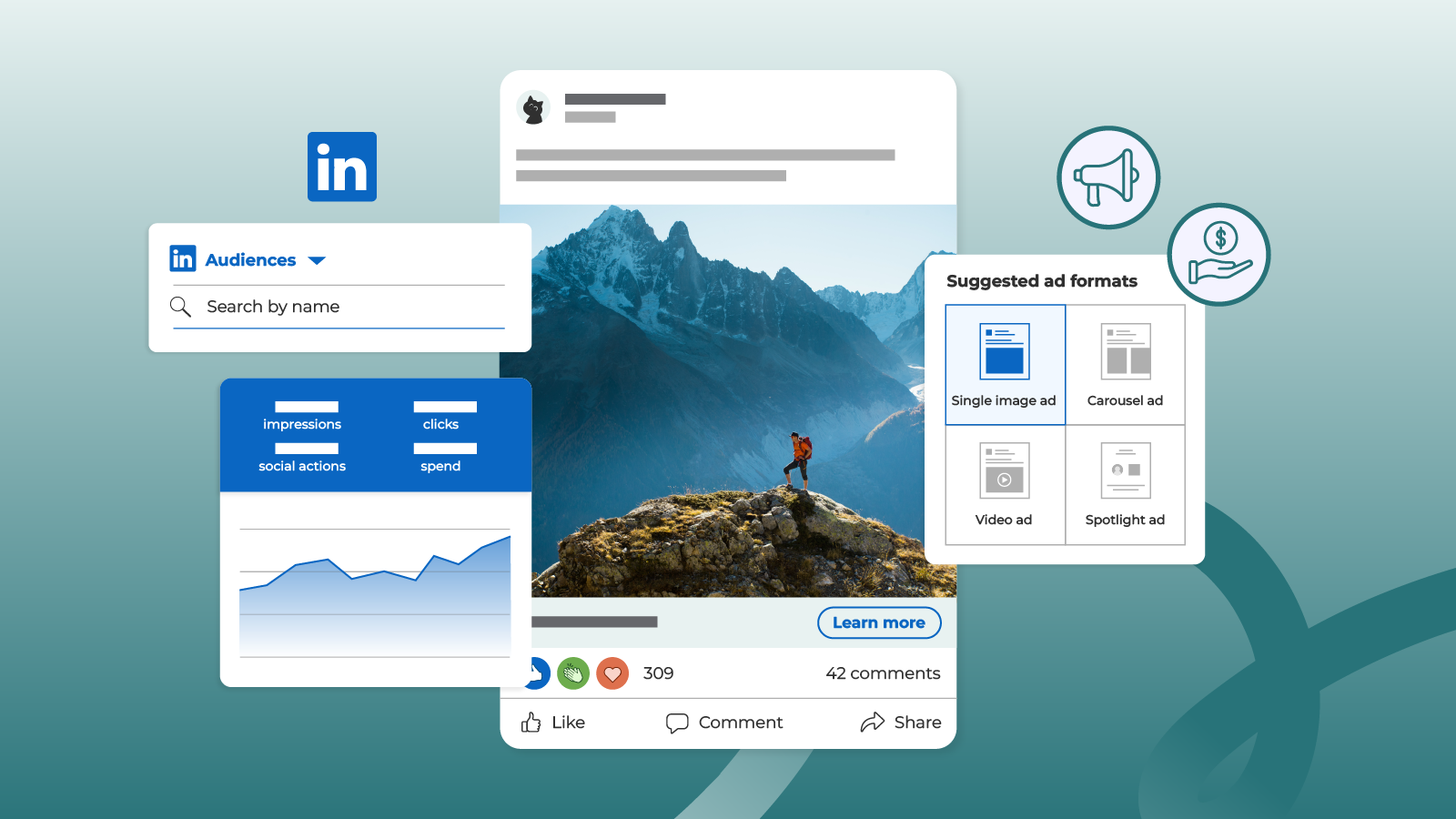
What is a marketing campaign?
A marketing campaign is defined as a strategic and coordinated effort aimed at promoting a specific product, service or brand. The main focus of a marketing campaign lies in the grouping of several actions and links that seek to maximize the reach and effectiveness of the messages sent to consumers. By integrating different elements, such as advertising, promotions and public relations, a unit is created that can efficiently address various business goals.
One of the highlights of a marketing campaign is its ability to create dedicated rotating links. These links have the function of redirecting users randomly among a predefined set of options, allowing companies to direct traffic to different landing pages or relevant content. This technique not only optimizes the user experience, but also allows marketers to more effectively track the performance of each link, thus improving data-driven decision making.
The flexibility that a marketing campaign provides is critical in today's dynamic environment. By managing multiple links, companies can quickly adapt to changes in the market or new opportunities as they arise. This means that a well-structured campaign not only promotes products or services in the short term, but can also contribute to sustainable growth in the long term. In essence, a marketing campaign is a crucial component to cohesive strategies and maximize the impact of communication in the marketplace, providing a solid foundation for any commercial activity.
What is a marketing campaign for?
A marketing campaign is essential for any business seeking to increase its market presence and improve the performance of its products or services. The main purpose of a marketing campaign is to increase the visibility of the business offering, which in turn can translate into increased demand and, ultimately, higher sales. Through the use of different channels and tactics, marketing campaigns enable consumers to become familiar with the brand and understand the benefits of choosing a specific product over the competition.
In addition to improving visibility, a marketing campaign is instrumental in facilitating the tracking of performance metrics. These metrics provide valuable information on how well implemented strategies are working, allowing marketers to analyze the effectiveness of their strategies. By centralizing information and statistics, opportunities are created to make strategic adjustments in real time, which can maximize campaign impact. Therefore, in a constantly changing and challenging environment, the ability to adapt is vital to remain relevant in the marketplace.
Likewise, marketing campaigns help to identify and properly segment the target audience. With a good understanding of who consumers are, companies can target their efforts more effectively, personalizing messages and creating offers that resonate with the specific needs and desires of each segment. This segmentation not only improves the connection with consumers, but also optimizes the allocation of resources, ensuring that each marketing action produces the best possible return.
Practical example of a marketing campaign
To better understand how a marketing campaign works, let's examine a practical example that illustrates its development from conceptualization to execution. Let's imagine a cosmetics company that wants to launch a new product line. The first step is to identify the target audience, which involves conducting market research to gather demographic and behavioral data. Once the audience is defined, the company can opt for a rotating link that allows it to present a variety of ads to different segments.
In the campaign creation stage, promotional materials are developed, such as banners and social media posts, that are attractive and aligned with the brand image. These visual elements must resonate with the interests of the previously identified audience. Then, the most appropriate digital platforms are selected, such as Instagram or Facebook, where a larger number of potential users are expected to be reached. Campaign management must be constant, making adjustments according to audience reactions and statistical results generated during its development.
A critical component of the analysis is the evaluation of the metrics generated through data analysis tools. During this phase, the company can monitor clicks, conversions and cost per acquisition, allowing for a better understanding of the effectiveness of the ads deployed. This adaptive approach not only optimizes campaign performance, but also provides valuable insights for future initiatives. Various industries, from fashion to technology, have implemented this type of strategy with successful results, highlighting the flexibility and applicability of marketing campaigns in different business contexts.
Benefits of using marketing campaigns
Marketing campaigns are a fundamental tool for any business that aspires to grow and improve its relationship with consumers. One of the main benefits is increased conversion, as a well-executed campaign can target a specific audience and motivate them to take an action, be it a purchase, newsletter subscription or interaction with branded content. By using precise segmentation, marketing campaigns can significantly increase ROI by focusing efforts on those consumers who are most likely to respond positively.
In addition to increased conversion, marketing campaigns can improve engagement with the audience. A strategic approach to communication and content provides users with a personalized and relevant experience, which fosters a greater emotional connection with the brand. Tools such as kvtemplate are essential in this process, as they facilitate the creation and management of marketing campaigns. These platforms not only enable the design of engaging campaigns, but also offer metrics and analytics that contribute to a better understanding of consumer behavior.
By optimizing online marketing, campaigns can be a powerful vehicle for collecting valuable data. The information derived from these campaigns can be used to adjust and fine-tune marketing strategies, ensuring that they are tailored to the preferences and needs of the target audience. This translates into continuous improvement in the efficiency and effectiveness of the marketing approach, which, in turn, generates a positive customer conversion and retention cycle. Therefore, implementing well-designed campaigns not only drives immediate performance, but also lays the foundation for long-term brand success.




